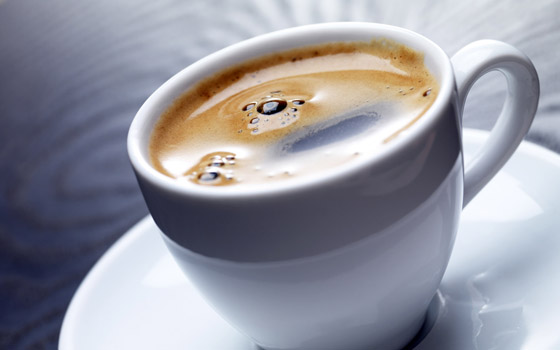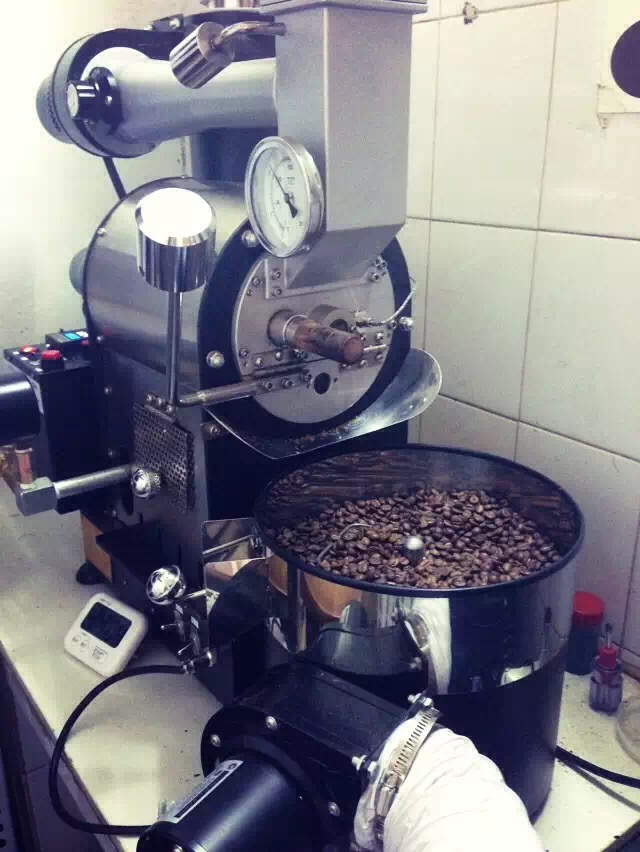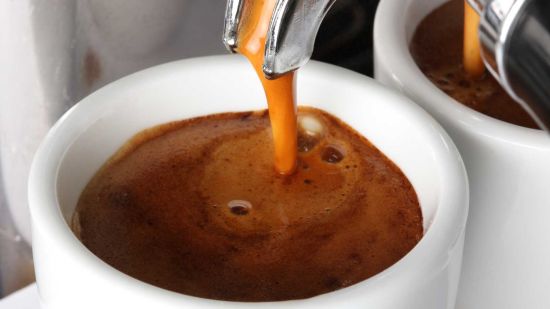The judgment standard of fine coffee and the difference between bitterness and concentration of coffee

The judgment standard of fine coffee
At present, there is no clear judgment standard of fine coffee in the international community. Here, we will briefly explain the standards of the American Fine Coffee Association and the basic standards of coffee producing countries.
American Fine Coffee Association Standard:
1. Whether it has rich dry aroma (Fragrance). The so-called dry aroma refers to the aroma of roasted or ground coffee.
two。 Whether it has rich wet aroma (Aroma). Wet aroma refers to the aroma of coffee extract.
3. Whether it has rich acidity (Acidity). It refers to the sour taste of coffee, the combination of rich sour taste and sugar can increase the sweet taste of coffee liquid.
4. Whether it has rich alcohol thickness (Body). It refers to the concentration and weight of the coffee liquid.
5. Whether it has rich afterrhyme (Aftertaste). It refers to the afterrhyme of coffee, which is evaluated according to the flavor after drinking or spitting.
6. Whether it has rich taste (Flavor). Refers to the taste, the upper palate to feel the aroma and taste of coffee, to understand the taste of coffee.
7. Whether the taste is balanced or not. Refers to the degree of balance and combination between the various flavors of coffee.
Evaluation criteria for producing countries:
1. A variety of fine coffee. It is better to use Arabica inherent variety Tibica or bourbon variety.
two。 Is the altitude, topography, climate, soil and refinement of the cultivated land or farm clear? Generally speaking, the coffee with high altitude is of higher quality, and the fertile volcanic soil is the best.
3. The harvesting method and refining method are adopted. Generally speaking, it is better to adopt manual harvesting method and water washing refining method.
What is the difference between bitter coffee and strong coffee?
When a big family group sits drinking coffee, it always hears the conversation "I like bitter coffee" and "me too, and the stronger the better!" At first glance, there seems to be no problem with the content of the dialogue, but does the "bitterness" of coffee really have anything to do with "strong"? Or is there a difference? You should know the little secrets of these coffee.
I still vaguely remember the feeling of drinking coffee for the first time. At that time, I couldn't tell the quality of coffee from the bad. All I know is that coffee refreshes me and frees me from drowsiness. If the coffee is too bitter, I will add some sugar. For me at that time, suffering was equated with caffeine. That's all I drink coffee for.
20 years later, now I know more about coffee. Good coffee is not necessarily bitter. The taste of high-quality coffee is supple, mild and mellow. Although my craving for caffeine has not changed, now I pay more attention to the taste of coffee. So, what's the difference between "bitter" and "strong" coffee?
The bitterness of coffee
Bitterness is not equal to high quality. There are five reasons:
1. Maybe the coffee is too bitter because you chose the wrong variety. Robusta coffee is cheaper than Arabica coffee, but it is more bitter.
two。 Maybe the coffee is too bitter because it is overextracted. The time of brewing coffee is very important. You must make sure that the coffee doesn't take too long to brew.
3. Maybe the coffee is too bitter because the water is too hot. No one wants to get burned on their tongue while drinking coffee. Too high water temperature will spoil the original taste of coffee. Make sure the water temperature does not exceed 92-96 ℃.
4. The coffee is too bitter, perhaps because of the improper degree of grinding. You should make sure that the degree of coffee grinding matches the way it is brewed. For example, when you make espresso, the coffee powder is finer; when you make drip coffee, the coffee powder is thicker.
5. Maybe the coffee is too bitter because the coffee machine didn't clean it in time. If you don't clean the coffee machine regularly, there will be a lot of old coffee powder left inside the coffee machine, which will make the coffee very bad.
The concentration of coffee
Strong coffee is not necessarily bitter. It has a stronger flavor and a slightly stronger bitter taste than ordinary coffee. I remember a coffee expert told me that balanced coffee has the following five characteristics:
1. The perfect Italian espresso should strike a perfect balance between sour and bitter taste.
two。 Some people think that "strong" refers to the amount of caffeine. You know, espresso doesn't have as much caffeine as drip coffee.
3. Others think that "strong" refers to the amount of coffee. An ordinary espresso should be 25-30 milliliters. If you make a double espresso, the amount is 45-60 milliliters. So the double espresso is indeed stronger and the aftertaste of the coffee is more bitter.
4. Different kinds of coffee or different varieties of blended coffee will also affect the concentration of coffee. Some coffees are floral and fruity, while others are dusty, astringent and irritating.
5. The degree of roasting of coffee will also affect the taste of coffee. It is true that deep-baked coffee is more bitter than other coffee.
Do you understand now? Cheap coffee is more bitter; strong coffee is more bitter, but tastes better. Truly high-quality coffee beans, clean coffee machines and correct brewing techniques can ensure that the taste of coffee is perfectly balanced.
Source: restaurant cat coffee
Important Notice :
前街咖啡 FrontStreet Coffee has moved to new addredd:
FrontStreet Coffee Address: 315,Donghua East Road,GuangZhou
Tel:020 38364473
- Prev

Solutions to the problems of dehydration, temperature climbing, smoke exhaust and gliding in coffee bean roasting
Guide: when is dehydration? How many degrees does it take to climb? Smoke exhaust problem? What is the taxiing action? When is dehydration? How many degrees does it take to climb? Smoke exhaust problem? What is the taxiing action? These professional knowledge of coffee roasting must be the skills that many coffee roasters want to know, so here is a little experience for coffee lovers: however, it is only
- Next

The differences between Espress, espresso, espresso and single coffee
Espresso is a kind of espresso, which also belongs to coffee latte, cappuccino and so on. In most cases, espresso is translated into Italian condensation. But the name "espresso" seems to be misleading, as if the coffee had been "purified" again. Actually, it's not! Translated into condensed only because it is small, and visually
Related
- What is the meaning of lactic acid fermentation with coffee bean treatment?
- How to judge the state of foam by sound?
- How does the latte pull out the unicorn pattern? Come to get for a little trick to improve the flower pull!
- Will flower pulling affect the taste of the latte?
- Do you know the history of coffee?
- The difference between honey treatment and sun washing what is raisin honey treatment?
- What kind of milk can a novice use to make coffee foam to keep the foam longer? The correct method and skills of milking tutorial sharing
- Why do washed coffee beans taste sour? Flavor characteristics of washed Coffee
- Introduction to the skill of how to practice the size and height of water injection around the circle of hand-brewed coffee
- How do beginners practice coffee flower drawing from scratch?

